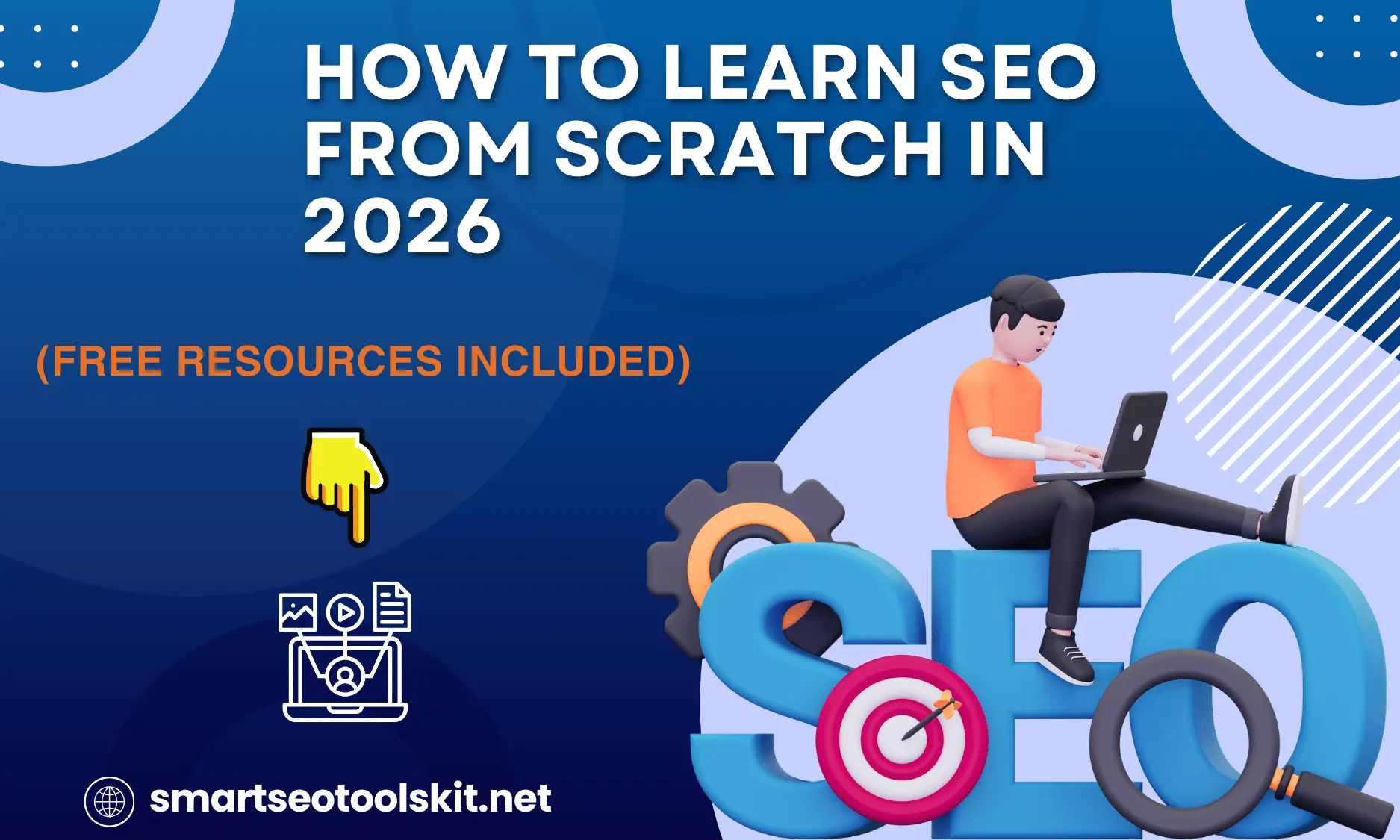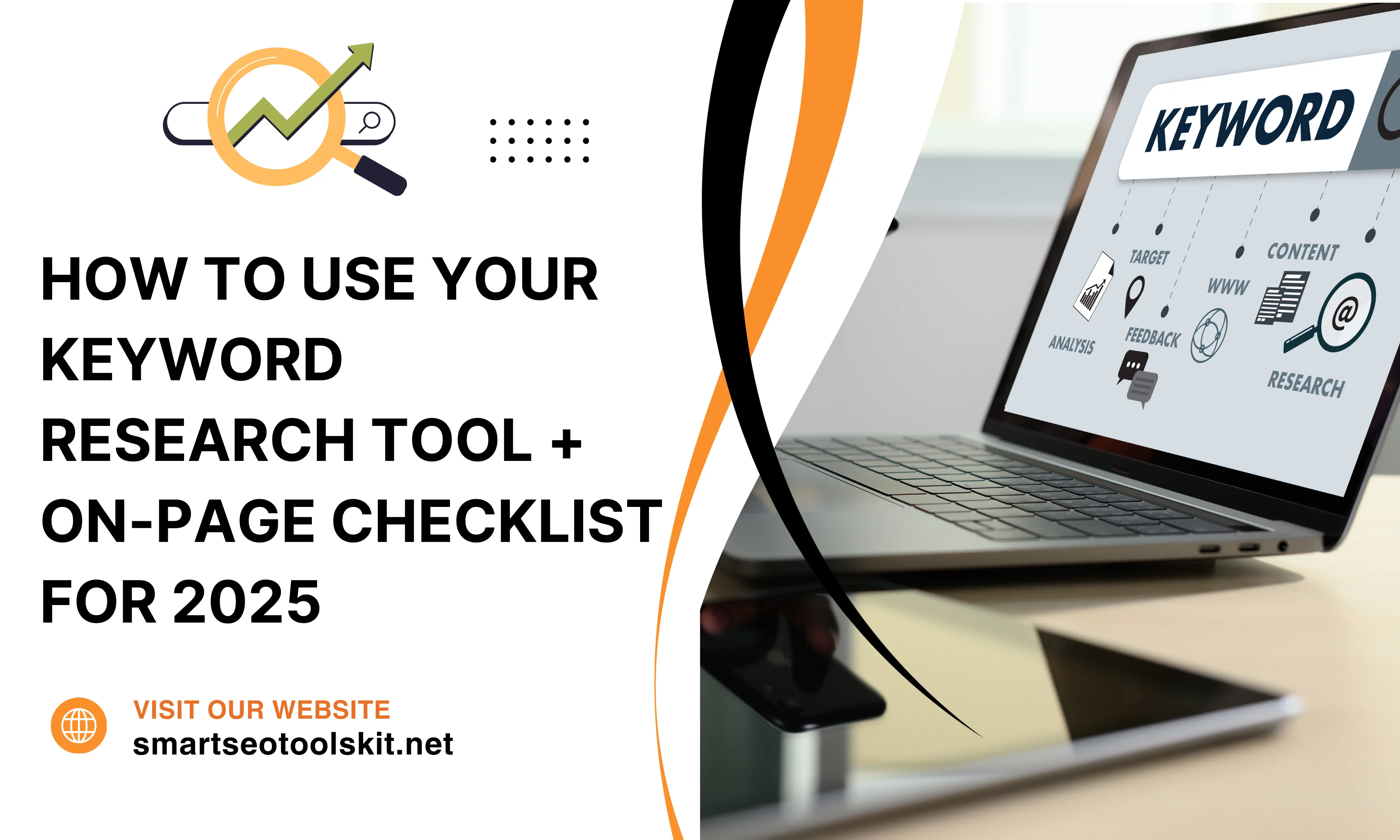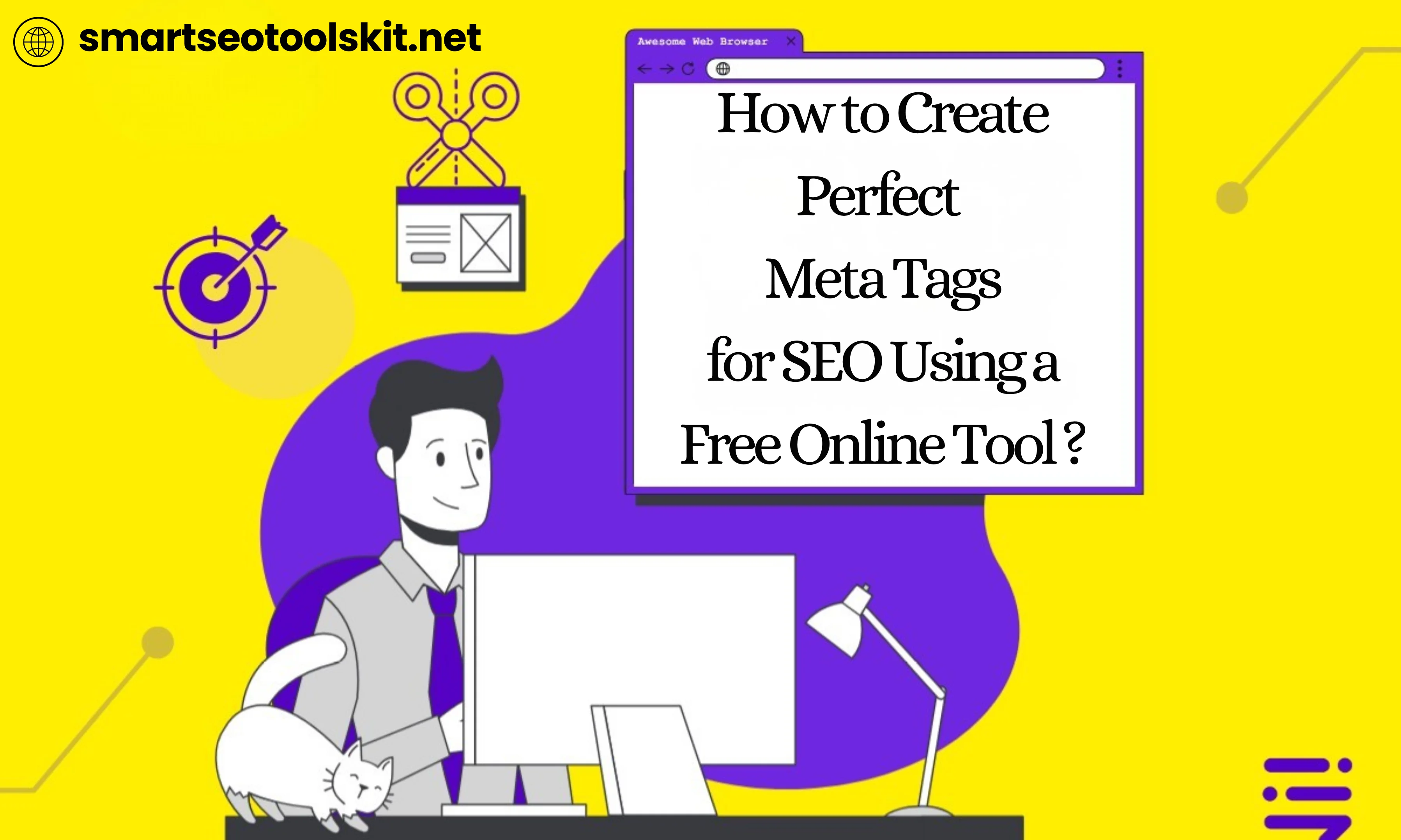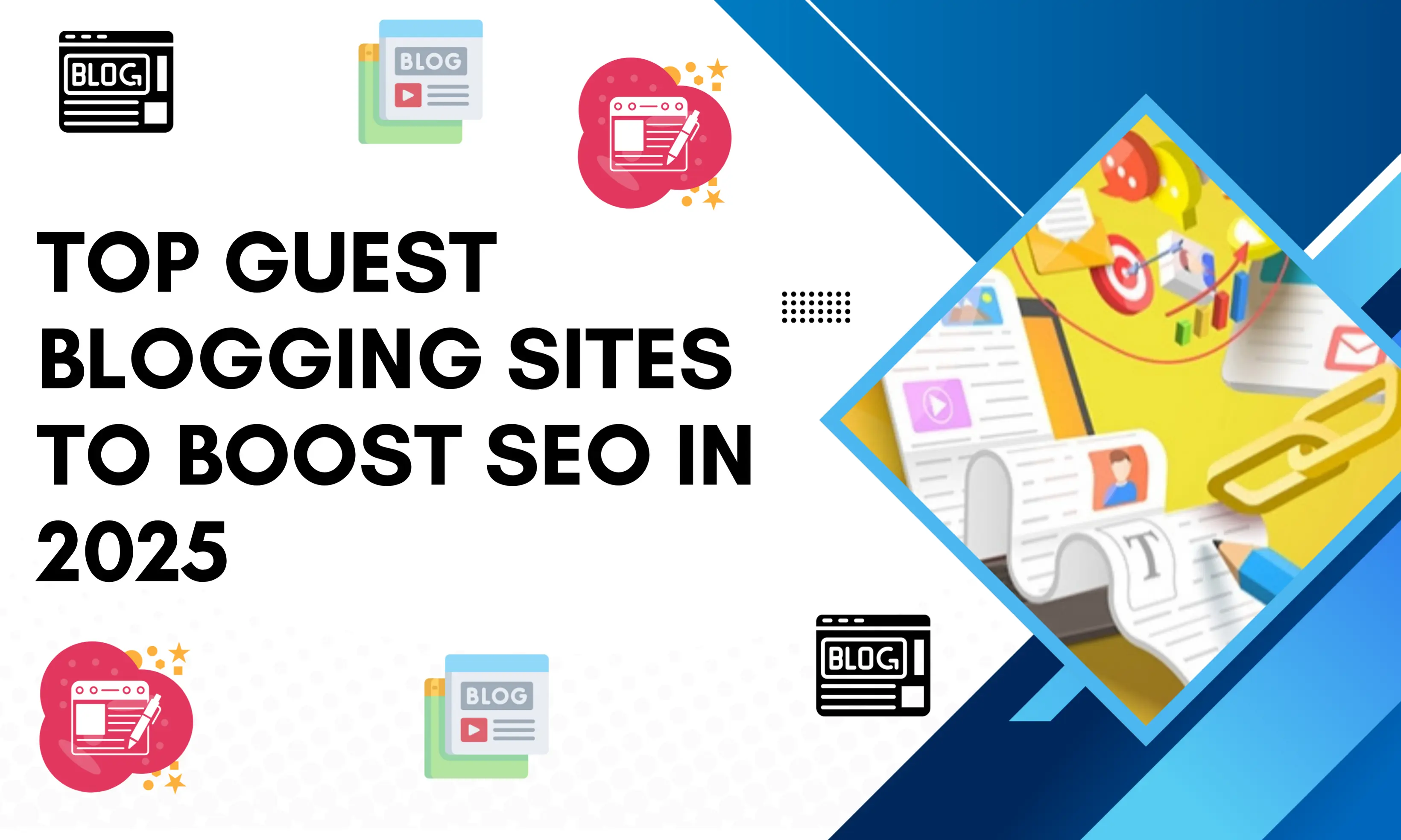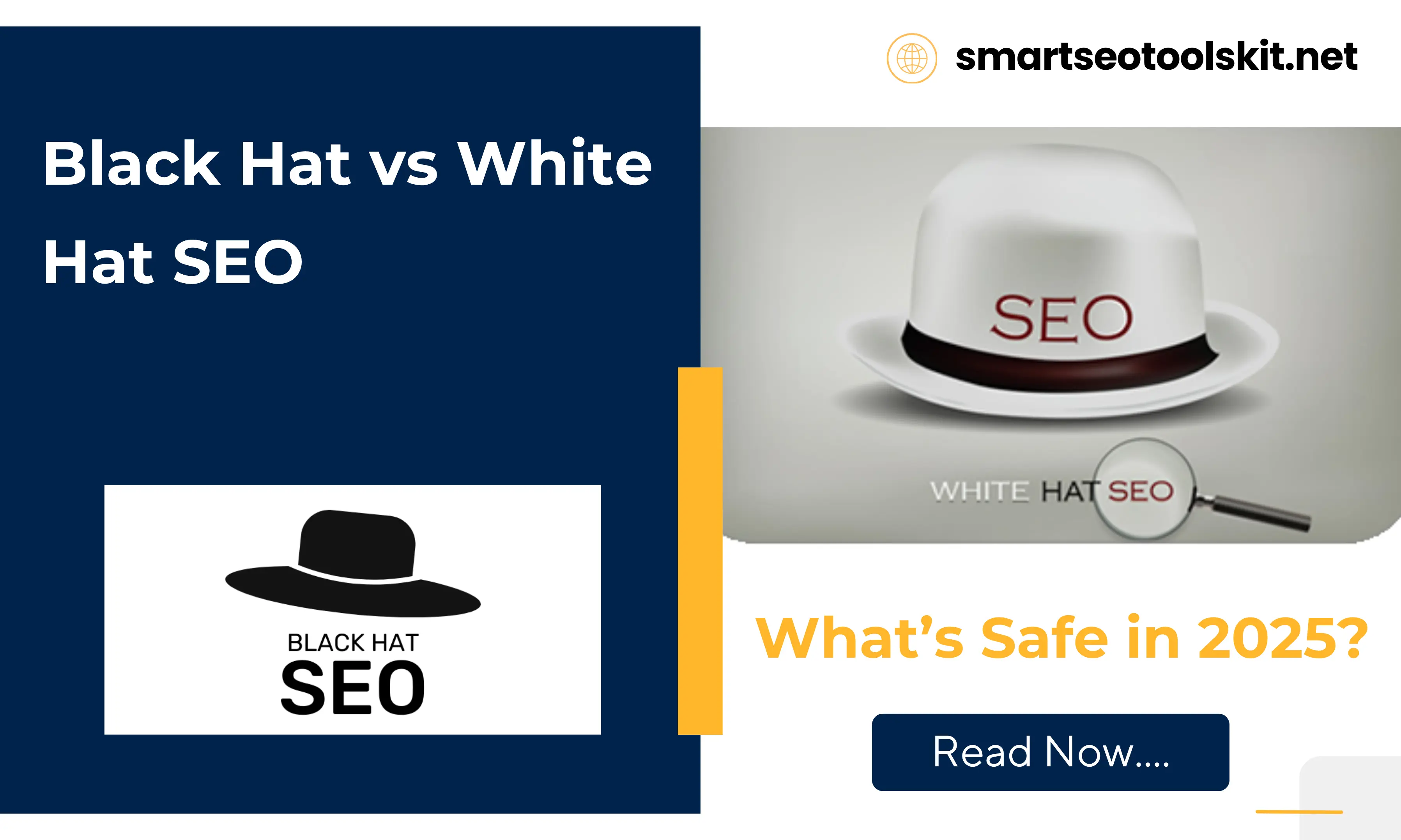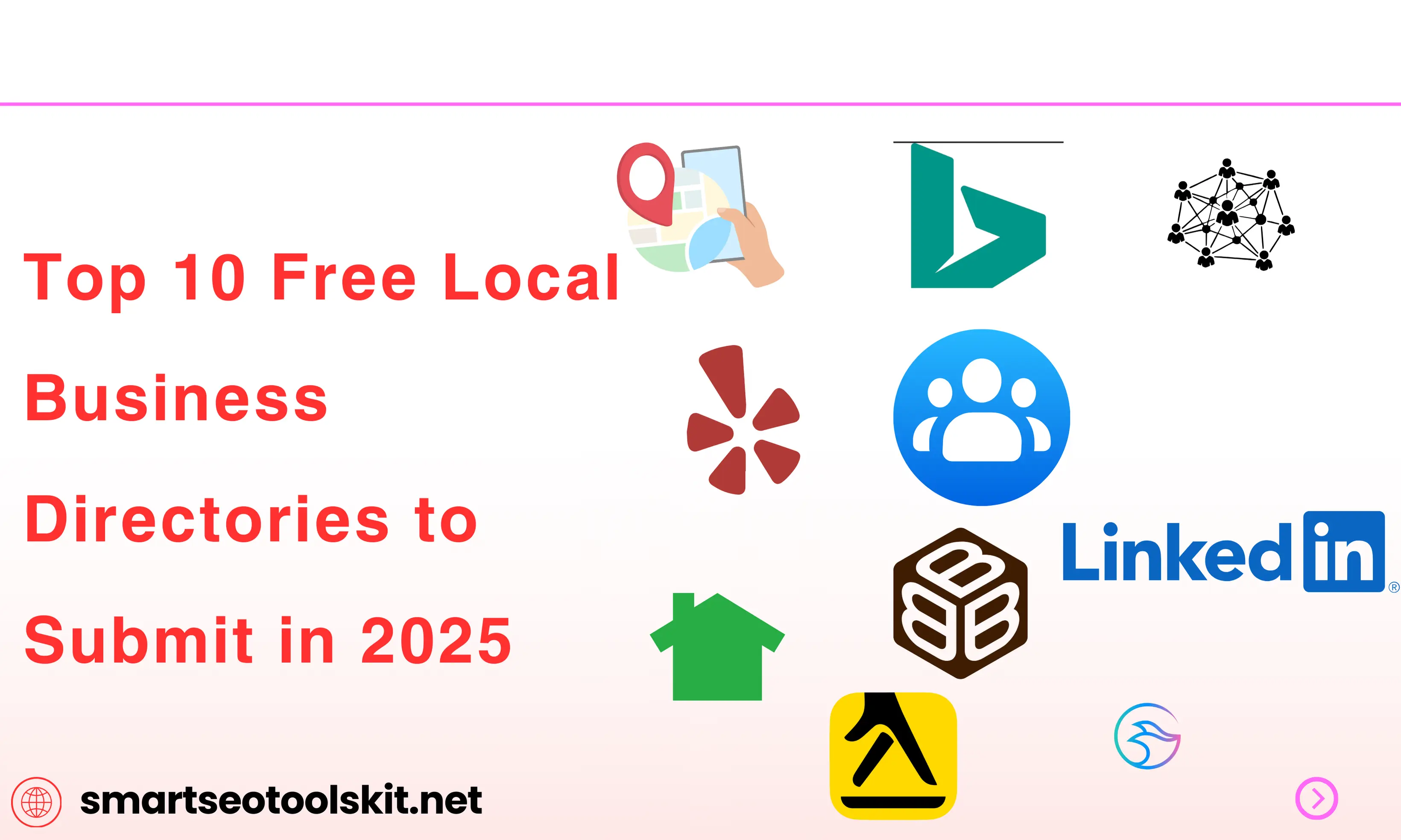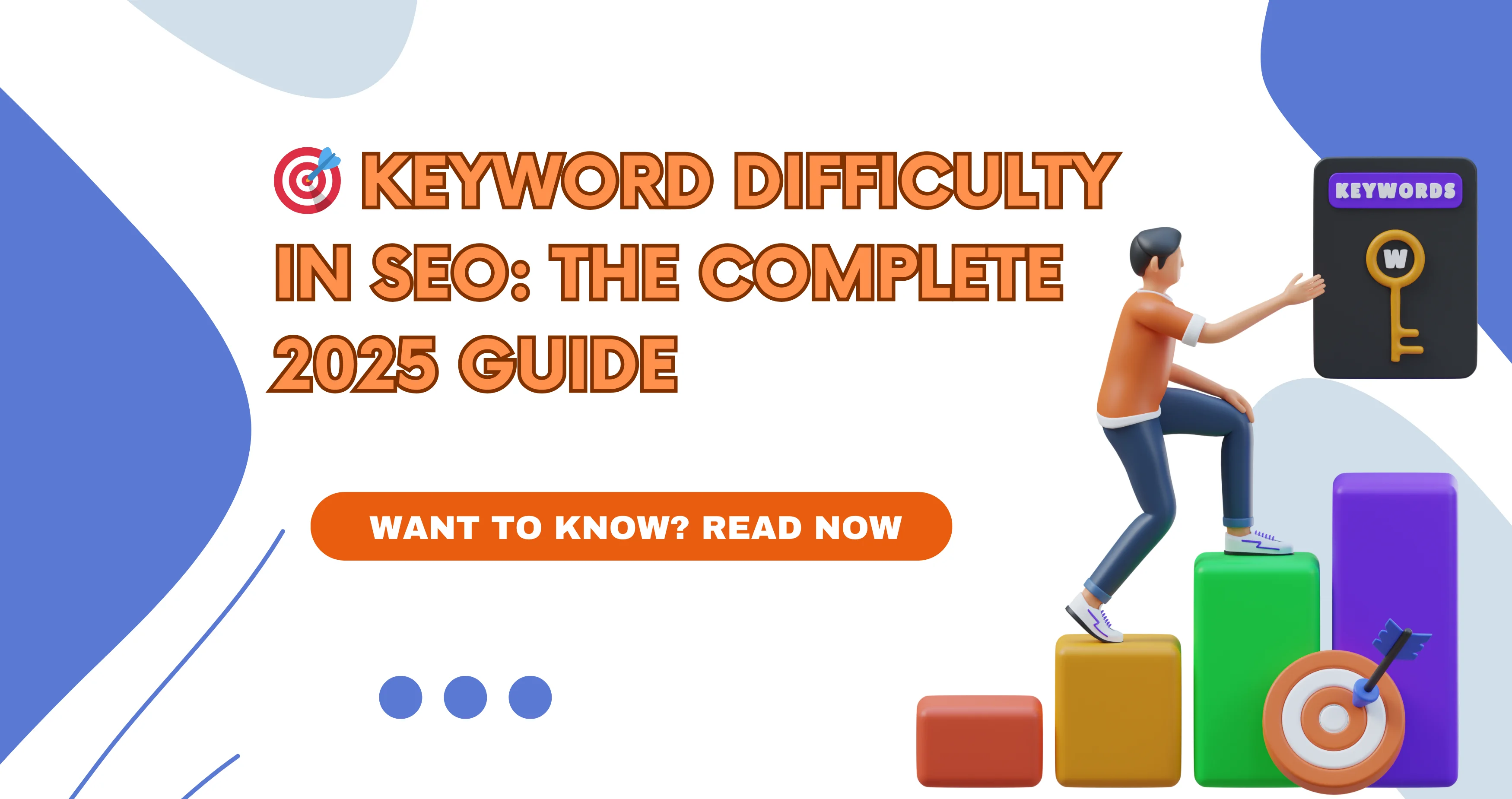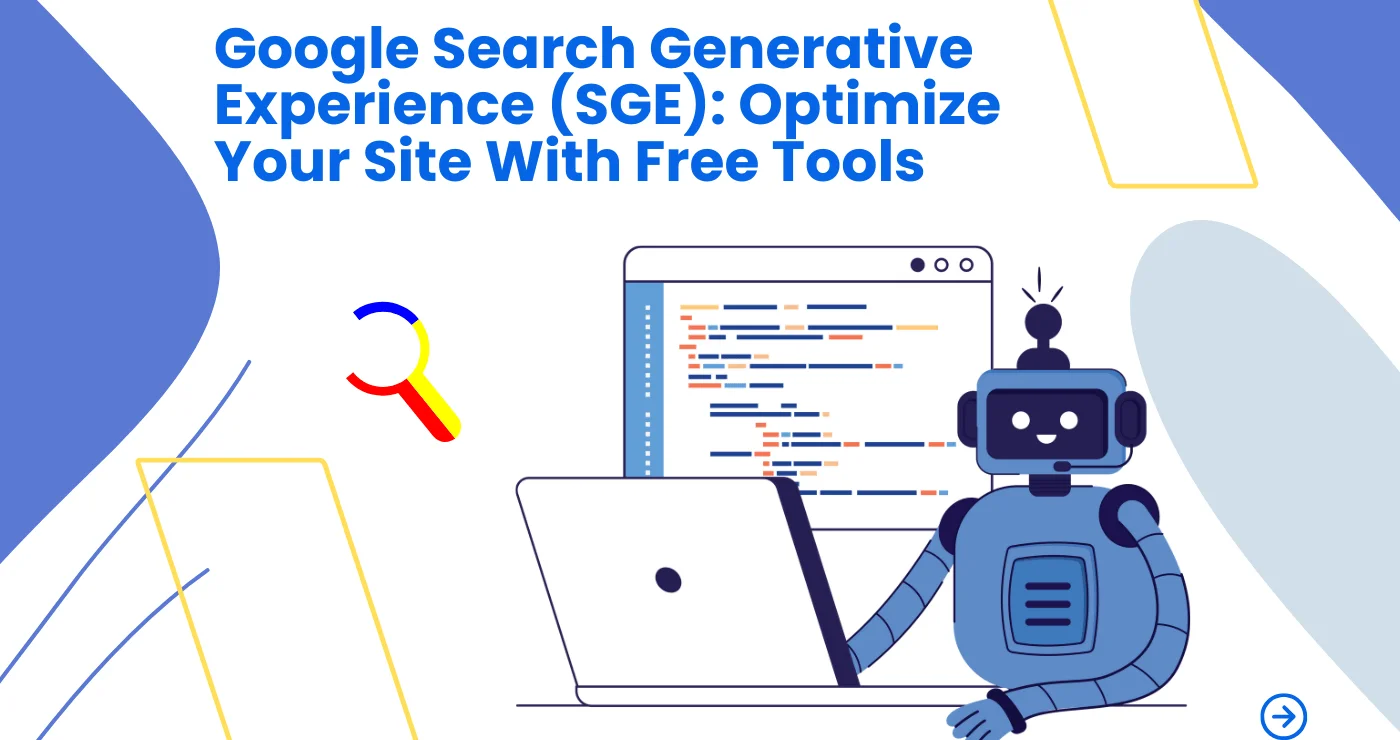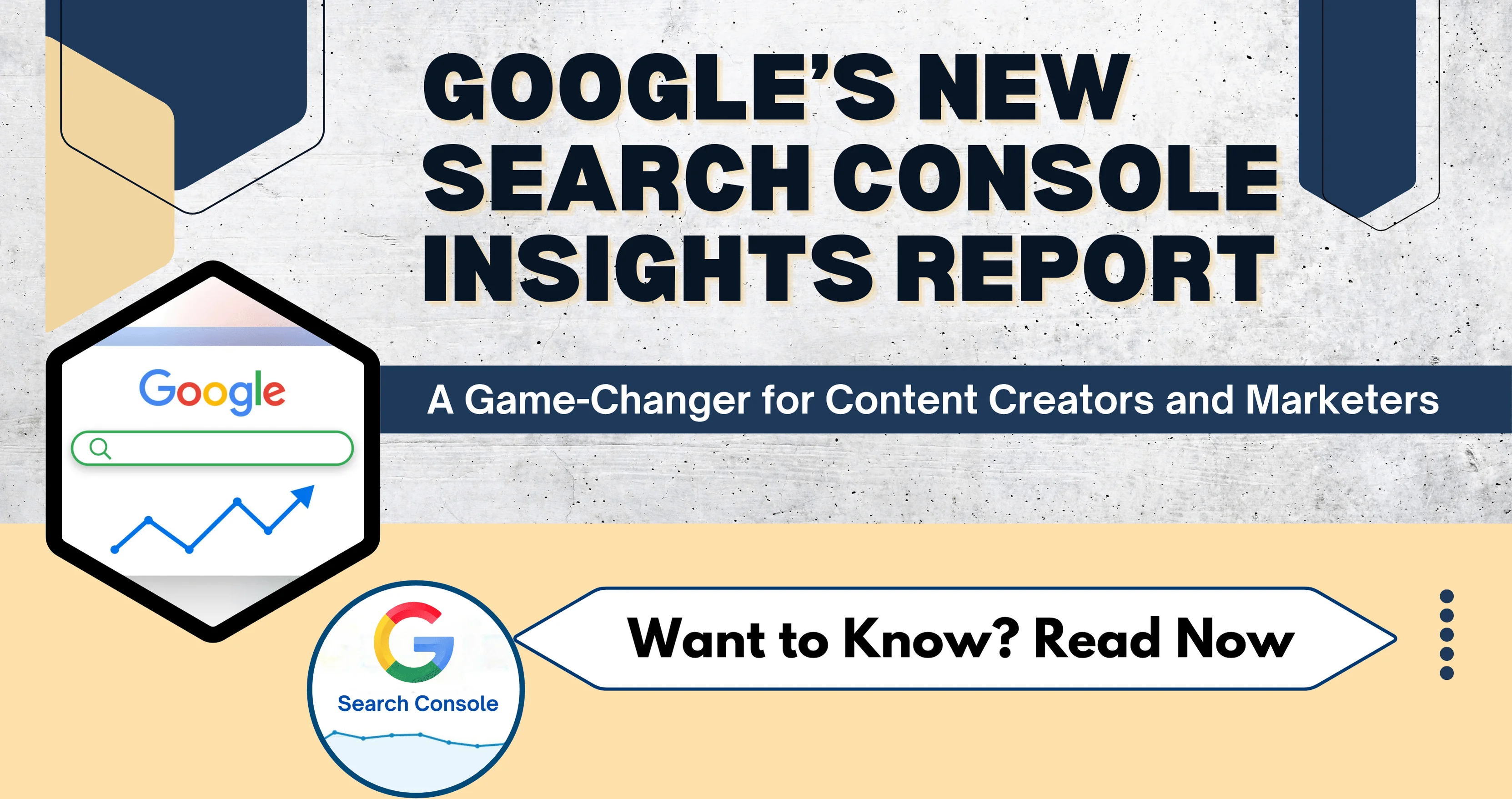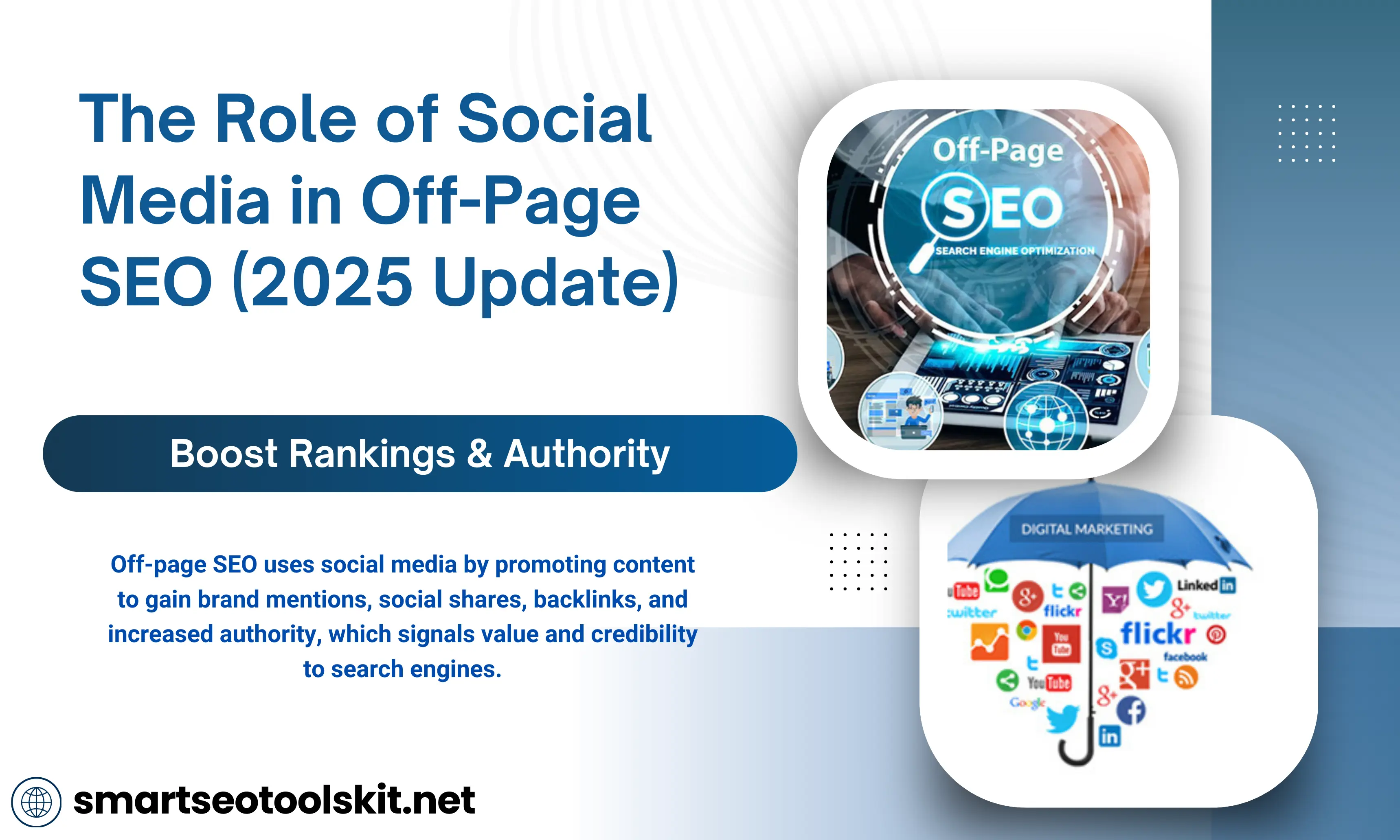Hi readers, Do you know the internet is overflowing with content, but not everything you find is reliable or useful? With millions of websites competing for attention, how do you make yours stand out and gain trust?
That’s where Google’s E-E-A-T comes in—Experience, Expertise, Authoritativeness, and Trustworthiness. These factors play a big role in deciding which content ranks higher in search results.
If you’re a blogger, business owner, or digital marketer, understanding E-E-A-T helps you build a strong online presence, earn credibility, and improve your rankings.
In this guide, we’ll cover:
✅ What is E-E-A-T?
✅ Why is E-E-A-T important in 2025?
✅ How to optimize your website for E-E-A-T
✅ Common mistakes that hurt your rankings (and how to fix them)
✅ Additional SEO Tips to Boost E-E-A-T in 2025
Let’s dive deep into the interesting journey of E-E-A-T........
What is E-E-A-T?
E-E-A-T is an upgraded version of Google’s earlier concept, E-A-T (Expertise, Authoritativeness, and Trustworthiness). The extra E stands for Experience. Google wants the most reliable and high-quality content to appear at the top of search results.
1. Experience
Google now prefers content from people with first-hand experience. Instead of just summarizing information, it values content written by someone who has personally interacted with the topic.
🔹 Example: If you’re reviewing a smartphone, Google trusts a review from someone who has actually used it over generic details copied from the manufacturer’s website.
🔹 How to improve:
✔ Share personal stories and real-life examples.
✔ Add original images, videos, or case studies.
✔ Clearly mention your background or experience.
2. Expertise
Expertise means how knowledgeable the content creator is in their field. Google favors experts, especially for sensitive topics like health, finance, and law (also called YMYL – Your Money or Your Life topics).
🔹 Example: A medical blog with articles written by doctors will rank higher than one written by someone without a medical background.
🔹 How to improve:
✔ Highlight credentials and certifications (e.g., "Written by Dr. John Smith, MD").
✔ Use well-researched data and cite trusted sources.
✔ Focus on a niche rather than writing about everything.
3. Authoritativeness
Google looks at how respected and well-known you are in your field. The more people refer to your content, the more authority you have.
🔹 Example: A finance website mentioned by Forbes or Bloomberg will have more authority than an unknown blog.
🔹 How to improve:
✔ Get backlinks from high-authority websites.
✔ Be featured in industry interviews, podcasts, and articles.
✔ Join discussions in your field through forums and social media.
4. Trustworthiness
Trust is the foundation of strong website. Google does not promote websites that spread false information, scams, or unethical content.
🔹 Example: A website selling fake products or using deceptive marketing will rank lower (or get penalized).
🔹 How to improve:
✔ Provide clear author bios, privacy policies, and contact details.
✔ Use secure HTTPS protocols for data safety.
✔ Avoid misleading claims, clickbait, or fake reviews.
Go In Depth: AI-Generated Content & SEO: Google 2025 Rules and How to Rank Better?
Why is E-E-A-T Important in 2025?
With AI-generated content, misinformation, and clickbait on the rise, Google has strengthened its quality guidelines to prioritize trusted, high-value content.
1️⃣ Google’s AI Algorithms Are Smarter
Google’s systems now detect low-quality, generic content and rank it lower. Websites relying on shallow content without real human input will struggle.
2️⃣ Fake News and Misinformation Are Increasing
Google penalizes websites that spread false information, especially in health, finance, and law. There’s more emphasis on fact-checking and using reliable sources.
3️⃣ Trust and Reputation Matter More Than Ever
Even if your site ranks high, if users don’t trust you, they won’t engage. People check reviews, testimonials, and recommendations before making decisions.
👉 To rank well, you must focus on credibility, trust, and useful content instead of just keywords and backlinks.
Go In Depth: How to Withstand Algorithm Updates and Optimize for AI Search
How to Optimize Your Website for E-E-A-T?
Now, let’s explore practical steps to improve your website’s E-E-A-T score.
1. Showcase Real Experience
Google prioritizes content written by people who actually know what they’re talking about.
✔ Share personal experiences, case studies, and hands-on experience.
✔ Add original images, screenshots, or videos to prove authenticity.
✔ If you’re reviewing a product, use it before writing about it.
2. Build Expertise with Quality Content
Google values depth and accuracy over quantity.
✔ Write in-depth, well-researched articles instead of short, generic posts.
✔ Use real data, case studies, and expert insights.
✔ Regularly update old content to keep it relevant.
Go In Depth: Boost Your SEO: How to Refresh Old Content and Drive New Traffic
3. Strengthen Your Authority
Authority grows when other websites recognize and refer to your content.
✔ Get mentioned in industry blogs, news sites, or podcasts.
✔ Earn high-quality backlinks from trusted sources.
✔ Engage with your audience on forums and social media.
4. Build Trust with Transparency
People won’t trust your site if they can’t find basic information about you.
✔ Clearly display contact details, author bios, and policies.
✔ Avoid misleading claims or exaggerated headlines.
✔ Encourage user engagement through comments and reviews.
Common Mistakes That Hurt E-E-A-T (And How to Fix Them)
🚫 Overusing AI for Content Creation
✔ Use AI as a helper, not a replacement for human expertise.
🚫 No Author Information
✔ Always include author bios, credentials, and social proof.
🚫 Ignoring User Experience (UX)
✔ Ensure your site loads fast, works on mobile, and is easy to navigate.
🚫 Not Fact-Checking Content
✔ Use trustworthy sources like government reports, expert studies, and data-driven research.
🚫 Buying Low-Quality Backlinks
✔ Focus on earning genuine, high-quality links instead.
Go In Depth: 8 Common SEO Mistakes to Avoid in 2025 and How To Fix Them
Additional SEO Tips to Boost E-E-A-T in 2025
1. Improve User Experience (UX)
🔹Google favors sites that are easy to use. Ensure that your website:
✔ Make sure your site loads in under 3 seconds.
✔ Is mobile-friendly.
✔ Has a clean, easy-to-navigate layout.
✔ Uses structured data for better search visibility.
2. Use Social Proof and Testimonials
🔹Social proof increases credibility.
✔ Show Customer reviews and case studies.
✔ Media mentions and featured articles.
✔ Industry awards and recognitions.
3. Keep Content Updated
🔹Outdated content loses credibility.
✔ Refresh outdated posts with new insights, fix broken links.
✔ Add new insights to keep your content useful and relevant.
4. Follow Ethical SEO Practices
🔹Avoid black-hat SEO tricks like:
❌ Keyword stuffing.
❌ Don’t buy backlinks from spammy sites.
❌ Relying on AI-generated content without human review.
Google rewards websites that focus on users rather than search engines.
Go In Depth: High Traffic, Low Sales? Why SEO Alone Won’t Save Your Business?
Final Thoughts
E-E-A-T isn’t just a suggestion—it’s a must-have for ranking higher in search results and building long-term trust. In 2025, businesses and content creators who prioritize credibility, quality, and user experience will succeed, while those relying on outdated SEO tricks will struggle.
By sharing real experiences, proving expertise, establishing authority, and building trust, you can create a strong online presence that ranks well and earns user loyalty.
Consistency is key! Keep improving your content, stay updated on SEO trends, and most importantly, provide valuable content that truly helps people. 🚀
Frequently Asked Questions (FAQs)
Q1: What is E-E-A-T in SEO, and why does it matter?
E-E-A-T stands for Experience, Expertise, Authoritativeness, and Trustworthiness. It is a set of guidelines used by Google to determine how reliable and valuable your content is. Google wants to ensure that people find helpful, well-researched, and trustworthy information when they search for something online. This is especially important for websites that provide health, financial, or legal advice, but it applies to all types of content. If your website lacks credibility, it will struggle to rank higher in search results. By focusing on E-E-A-T, you can build trust with both Google and your audience, leading to better rankings and higher engagement.
Q2: How can I improve my website’s E-E-A-T score?
Improving your E-E-A-T score requires effort and consistency. Start by sharing your real-life experiences—Google values content from people who have first-hand knowledge. If you're writing about a product, use it yourself before reviewing it. Demonstrating expertise is also essential. Make sure your content is well-researched, factual, and written by qualified people. Cite reputable sources and link to authoritative websites. Building credibility is another key factor. Earn backlinks from trusted websites, get mentioned in the media, and engage with industry experts. Finally, make your website transparent—include author bios, contact details, and security measures like HTTPS to build trust with users.
Q3: Does E-E-A-T affect all types of websites?
Yes, E-E-A-T affects all websites, but it plays a bigger role for those that cover sensitive topics like health, finance, and law. Google wants to prevent the spread of false or misleading information, so it ranks trustworthy sources higher. However, even small business websites, blogs, and eCommerce stores benefit from good E-E-A-T practices. If you run a business website, having strong customer reviews, testimonials, and clear policies will improve your trustworthiness. If you’re a blogger, sharing personal experiences, using original images, and engaging with your audience can enhance your credibility. No matter your industry, following E-E-A-T guidelines will help improve your online reputation.
Q4: Can AI-generated content hurt my E-E-A-T ranking?
AI-generated content itself isn’t bad, but it can hurt your rankings if it lacks depth, accuracy, and human input. Google’s algorithms are becoming smarter at detecting content that is overly generic or repetitive. If your website relies too much on AI without adding real insights, it may not rank well. The key is to use AI as a tool, not a replacement for expertise. Make sure to fact-check AI-generated content, add personal opinions, and include unique examples. Readers and search engines value content that feels authentic and well-researched. The best approach is to balance AI efficiency with human creativity and experience.
Q5: What are common mistakes that lower E-E-A-T scores?
Many websites struggle with E-E-A-T because they make mistakes that reduce their credibility. One major issue is publishing low-quality content without real expertise. Google prefers content created by knowledgeable individuals, so hiding author details or not showcasing credentials can hurt rankings. Another common mistake is using misleading headlines or clickbait, which can damage trust. Websites that lack security, such as those without HTTPS encryption, may also lose credibility. Additionally, failing to update outdated content or fact-check information can lower your ranking. To improve your E-E-A-T, focus on transparency, accuracy, and delivering real value to your audience.
Related Tags :
.png)
